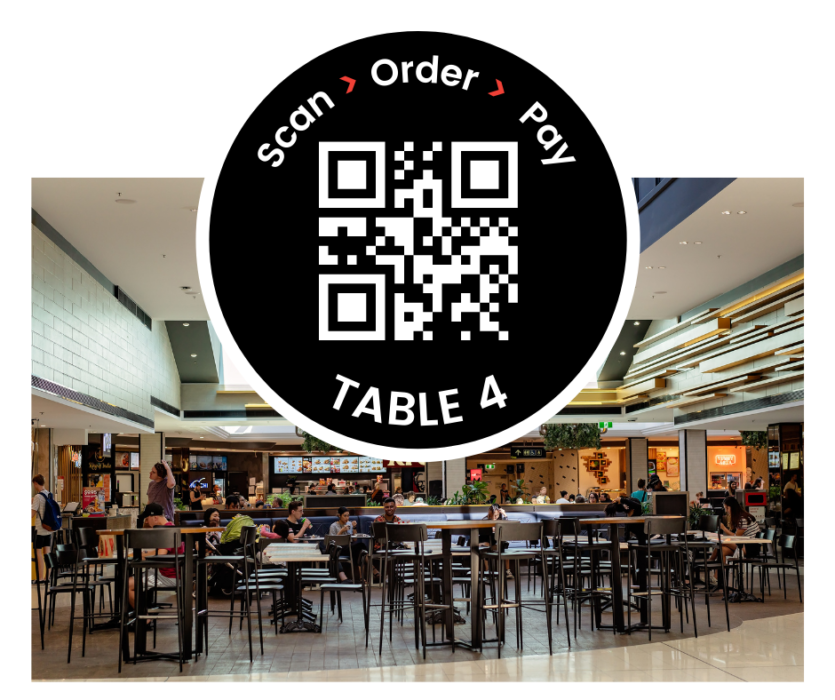Introduction: In the dynamic landscape of technology, the digital revolution is reshaping the way we interact with businesses, especially in the retail and service industries. One sector that is poised for a significant transformation in the coming years is cashier jobs. With the increasing prevalence of digital ordering systems and automation, it’s becoming clear that traditional cashier roles will be largely replaced by digital alternatives. In this blog post, we will explore the reasons behind this shift and how it will impact the job market within the next five years.
- Efficiency and Convenience: Digital ordering systems provide unparalleled efficiency and convenience for both businesses and customers. With just a few taps on a smartphone or a few clicks on a website, customers can place their orders without waiting in long queues. This streamlined process reduces waiting times, enhances customer satisfaction, and boosts sales for businesses. By eliminating the need for manual cash handling and reducing transaction times, digital ordering systems are inherently more efficient than traditional cashier-based operations.
- Cost Reduction: For businesses, labor costs form a significant portion of their overall expenses. Replacing cashiers with digital ordering systems and self-checkout options can significantly reduce labor costs. While initial implementation costs may be involved, these investments are often outweighed by the long-term savings. Automated systems can process a large number of orders simultaneously, reducing the need for a high number of cashiers. This cost reduction allows businesses to allocate their resources towards improving other aspects of their operations, such as enhancing customer experiences or investing in new technologies.
- Advancements in Technology: Advancements in technology, particularly in the fields of artificial intelligence (AI) and machine learning, have paved the way for highly sophisticated digital ordering systems. AI-powered systems can analyze customer preferences, recommend personalized offers, and even handle complex ordering scenarios. Moreover, the integration of mobile apps, online platforms, and contactless payment methods has made digital ordering more accessible and user-friendly than ever before. As technology continues to evolve and become more refined, the capabilities of digital ordering systems will only expand further.
- Changing Consumer Behavior: Consumer behavior has been shifting towards digital interactions and online shopping for quite some time now. The COVID-19 pandemic accelerated this trend, as people sought contactless alternatives to minimize physical interactions. As a result, businesses have had to adapt quickly, focusing on online ordering, delivery services, and curbside pickups. These changes in consumer behavior have prompted businesses to invest heavily in digital ordering infrastructure. Customers have become accustomed to the convenience and efficiency of digital ordering, and it is likely that they will continue to prefer these options even post-pandemic.
- Evolution of the Retail Landscape: The retail industry has witnessed a significant transformation with the rise of e-commerce giants and online marketplaces. To stay competitive, brick-and-mortar stores have had to innovate and find ways to enhance the customer experience. Digital ordering systems have become a crucial part of this evolution, allowing physical stores to bridge the gap between offline and online shopping. With the integration of digital solutions, businesses can offer a seamless shopping experience that combines the best of both worlds.
Conclusion: The future of cashier jobs is undeniably tied to the rise of digital ordering systems. The increased efficiency, cost reduction, technological advancements, changing consumer behavior, and the evolution of the retail landscape are all contributing factors to this transformation. While this shift may raise concerns about job displacement, it is essential to acknowledge that technology has historically created new job opportunities as it disrupts existing ones. As cashier jobs become obsolete, new roles in managing and maintaining digital ordering systems will emerge. It is crucial for businesses and individuals to adapt to these changes and embrace the possibilities that the digital era brings.
